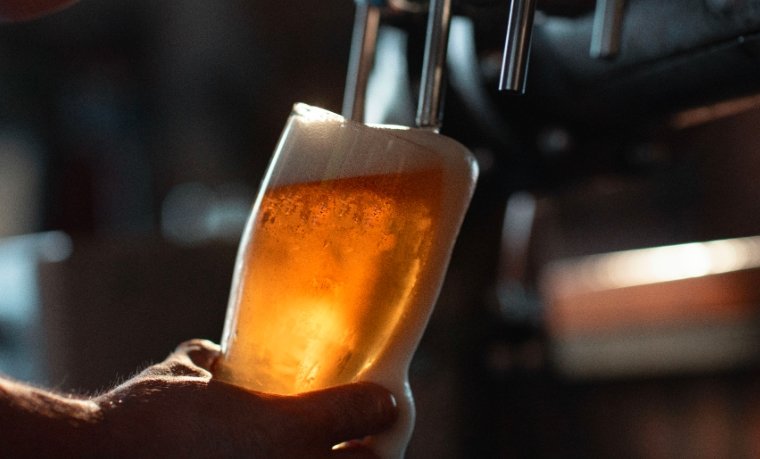How often do work nights out end up blurry, with regretful Monday hangovers and tales you’d rather forget? Scotland’s top health experts say it’s time we stop laughing it off — and start treating workplace drinking as the serious health risk it is.
Scottish Health Action on Alcohol Problems (SHAAP), the medical alliance fighting Scotland’s alcohol harm crisis, is using Alcohol Awareness Week to kick-start a blunt national conversation: Should booze be so normal in work culture?
Scotland’s Stubborn Booze Problem
Let’s not kid ourselves. Scotland has a deeply rooted relationship with drink — for better or worse.
The latest figures from Public Health Scotland show adults who drink are consuming an average of 21.6 units a week. That’s more than 50% higher than the Chief Medical Officers’ guidelines of 14 units for men and women.
One line: We’re still miles from ‘moderation’.
SHAAP, founded nearly 20 years ago by Scotland’s Medical Royal Colleges, wants policymakers and employers to take this seriously — not just for weekends in the pub, but for every Prosecco-fuelled work do and after-hours catch-up.

Why Workplaces Matter So Much
Think about how many times booze crops up at work — the leaving dos, the Christmas parties, the ‘bonding sessions’ after a big win.
For some, it’s harmless fun. For others, it’s pressure — to join in, to drink more, to ‘be part of the team’.
One short thought: Not everyone wants, or can handle, that.
SHAAP says normalising drinking at work events leaves people out — from those in recovery to anyone who just doesn’t want to drink for health, religious or personal reasons.
The Hidden Harms No One Talks About
What does ‘harmless’ look like when you zoom out? Alcohol is linked to over 60 illnesses — from liver disease to cancer. It’s Scotland’s biggest cause of death for working-age adults after smoking.
Yet we shrug off work events where shots line the bar. Maybe it’s time to ask why.
One small line: And who benefits from this?
Research shows boozy work culture can breed harassment, risky behaviour, and poor mental health. It’s not just the drinkers who pay the price either — it’s colleagues and families too.
What Could Change Actually Look Like?
SHAAP’s not saying every office should ban the annual festive tipple. But they are pushing for employers to at least ask the question: Can we socialise differently?
Here’s one idea, buried in a recent SHAAP briefing:
-
Hold inclusive events where alcohol isn’t the star.
-
Always offer decent alcohol-free options.
-
Make it clear no one should feel forced to drink.
Some companies in the UK have already started ‘sober socials’ — team days out at adventure centres, coffee tastings or film nights instead of boozy pubs.
One-liner: Turns out you can bond without shots of tequila.
A Cultural Shift That Won’t Be Easy
Scotland’s deep cultural ties to alcohol won’t vanish overnight. But SHAAP’s doctors argue it has to start somewhere.
One short line: After all, a workplace should keep you healthy, not encourage habits that harm you.
It’s about creating spaces where everyone feels comfortable — the life of the party and the one who just wants a lime and soda.


















